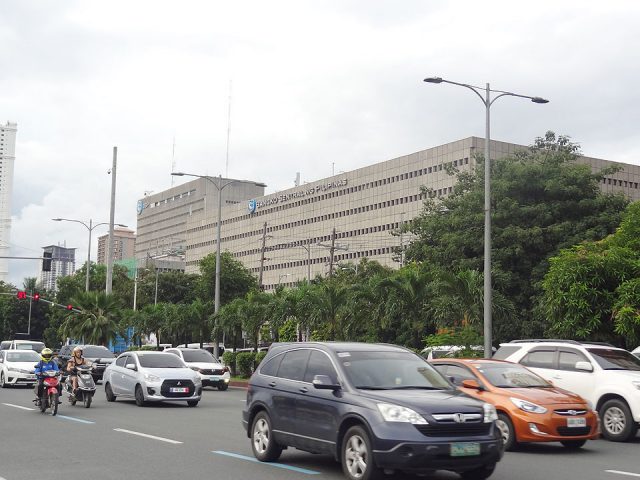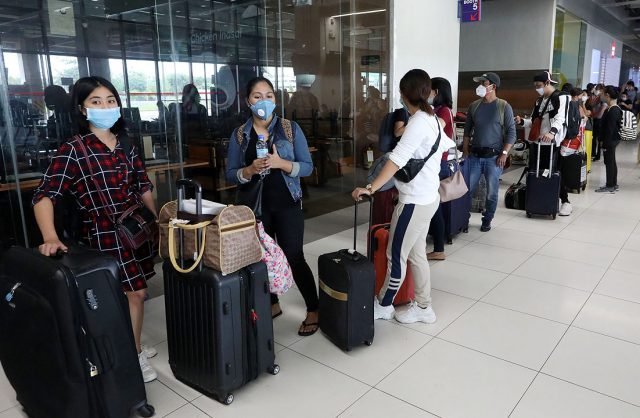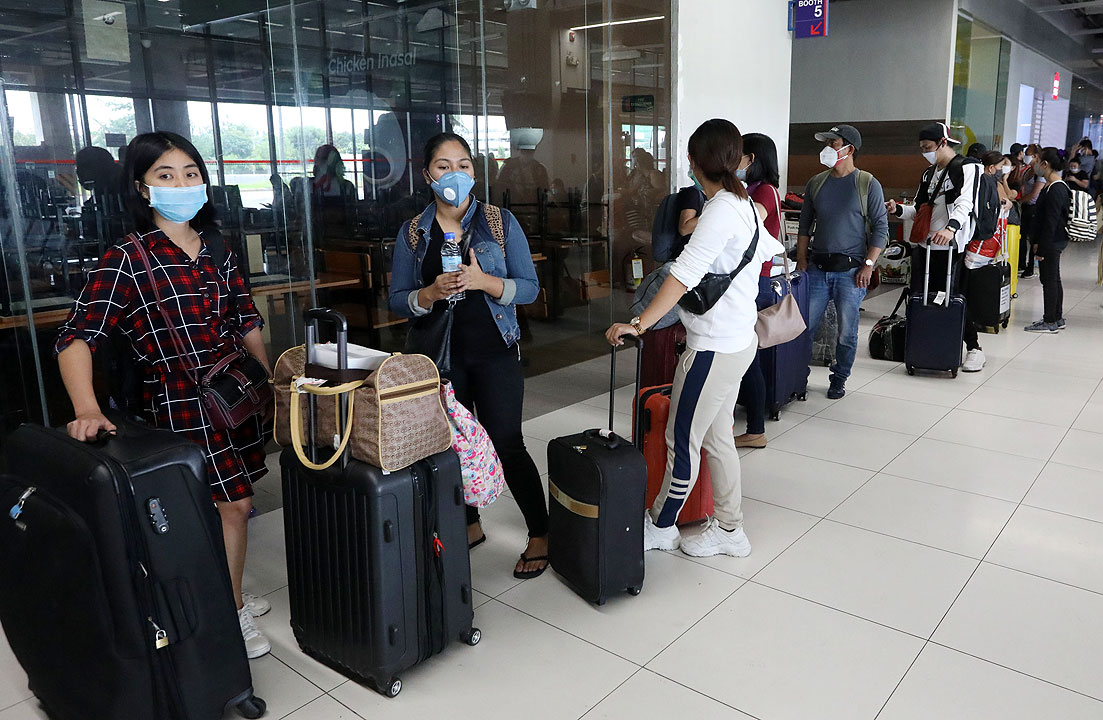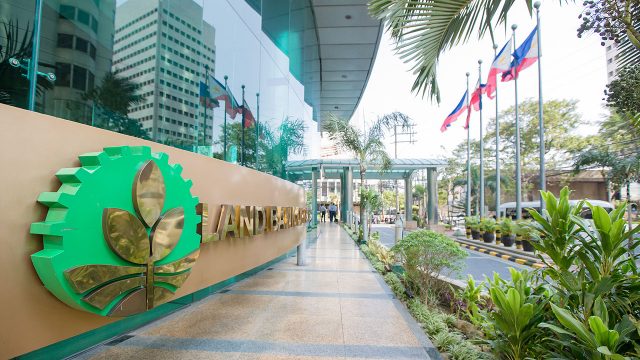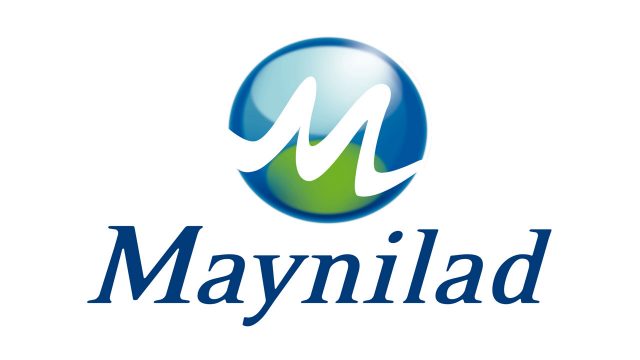Ford Philippines wants us to focus on safe driving in the new normal
THE NEW NORMAL (actually not so new anymore) has taught us a myriad of hard truths. It made us relearn new habits while dispensing of old ones which have suddenly been made irrelevant and risky in this age of the pandemic.
One of the more obvious reboots of sorts happened in the mobility sector. Capacity has been drastically reduced in fear of spreading the virus, and a lot less public utility vehicles are plying the metro roads. Meanwhile, private vehicles are logging far fewer kilometers (if at all), with both lockdowns and work-from-home arrangements conspiring to reduce the need for leaving the house.
The question remains though: What does COVID-19 mean for our vehicles? Do less miles mean less trips to the casa for preventive maintenance services? What kind of things do we need to bear in mind so that our cars don’t become vectors for the virus?
These are just some of the questions that Ford Philippines aims to answer with the launch of its globally recognized Driving Skills for Life (DSFL) program. A corporate social responsibility thrust that is part of the Blue Oval’s Global Caring Month celebrated every September, DSFL was postponed last year because of the pandemic.
In 2021, it makes a safe return via the digital medium, and is themed “Safe Driving in the New Normal.” Ford said that this year’s DSFL “will cover timely topics including pandemic car care and maintenance tips, car sanitation and disinfection, and driving techniques during the rainy weather.” These newer concerns are given attention “in addition to the existing DSFL training module which covers basic vehicle dynamics and handling, driving in various conditions, anti-distracted driving, and fuel-efficient driving.”
Said Ford Philippines Assistant Vice-President for Communications Edward Joseph Francisco, “We are excited to bring the DSFL back this year as part of our Global Caring Month, bringing to life our long-standing advocacy on road safety on the digital platform. This year, we are making the DSFL a more relevant training program for our participants by sharing the necessary driving habits and skills as they navigate the roads in the ‘new normal.’”
Helping a new set of motorists learn (or relearn) the ropes is longtime Ford partner and training facilitator Tuason Racing School. DSFL will be a series of interactive training sessions replete with instructional videos, games, and contests. Also along for the ride are celebrity Sam YG and beauty queen Michelle Dee, who have been tapped as this year’s Ford “road safety ambassadors” and should “help expand the visibility of the program in the digital space.”
Ford reported that DSFL “has successfully trained over 26,000 drivers since it launched in the country. Over the years, the program has made itself relevant with the changing road conditions, policies, and government regulations. In 2019, over 3,300 public and private drivers participated in the DSFL.”
So, what are some of the things we need to keep in mind during this pandemic normal?
Tuason Racing’s JP Tuason said that defensive driving is just as important during lockdown. Well, come to think of it, quite a bit of the traffic volume is back, and accidents have been again happening — mostly due to driver error. In fact, citing the Metro Manila Accident Reporting and Analysis System, Mr. Tuason shared that there were 65,032 road accidents in the metro in 2020 — translating to a daily average of 178 road-crash incidents. More than 50,000 of these resulted to damage to property, and 14,465 caused non-fatal injury.
PANDEMIC DO’S
How do you avoid getting or spreading the virus through your vehicle? First is, of course, to clean and sanitize your ride frequently — paying special attention to common touchpoints such as the steering wheel, shift knob, exterior and interior door handles, lock/unlock buttons, seat belt and seat belt buckle and button. Don’t forget the push-start button and all other things you touch every time you drive your car. Make sure that you use appropriate cleaning implements and liquids, lest you risk damaging the various surfaces in the cabin. Mr. Tuason also suggested to keep extra face masks and shields in the car for obvious reasons.
Next, depending on the lockdown level, it’s best to limit the number of passengers — even if you belong to one household. Another thing of particular importance — and I personally experienced this care of, surprise, a dead battery — is that using our vehicles less means more drain on the battery because of the limited opportunities for it to recharge during normal operation. Mr. Tuason recommends to drive or at least start your car daily. Lastly, do park your car in a cool spot — for obvious reasons.
With regard to preventive maintenance service, the main idea is to look after the vehicle so that it is good to go when you need it. While we’re logging less kilometers, the weeks and months fly by. Mr. Tuason advised to change the oil of your vehicle at least once a year — whether you reach the recommended distance or not — because the oil loses its effectivity after a while.
PANDEMIC DON’TS
If you have to park your car for a long time, disengage the handbrake so that no adhesion will take place. Also, as bottles of alcohol/sanitizer are part of our musts when going out, do not leave these items inside the car — particularly if parked under direct sunlight. These may ignite or even explode.
In attendance during the online media event was new Ford Philippines Managing Director Mike Breen, who shared that he arrived in Manila just a few weeks back with his wife. This marks the first time he’s been in the country since his appointment to the post back in June 1.
He asserted that the DSFL program indeed reflects Ford’s “long-standing advocacy on road safety,” and is a “key to (Ford’s) business.”
The Ford Motor Company Fund, along with US Governors Highway Safety Association and a panel of safety experts, first started the DSFL in the US in 2003 “to teach newly licensed drivers the necessary skills for safe driving beyond what is learned in standard driver education programs.”
Ford Philippines shared that “a number DSFL sessions will be open to the public to register and participate.” For more information, visit the Ford Philippines Facebook page.


